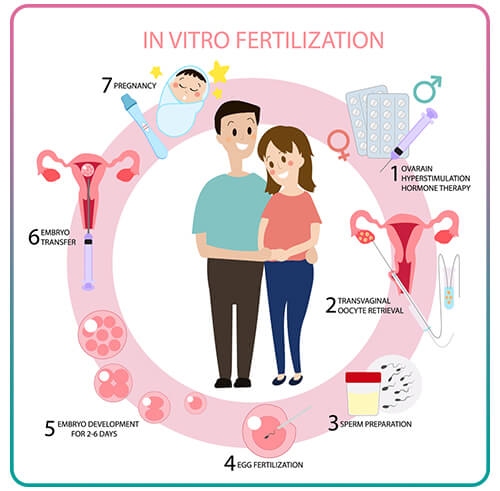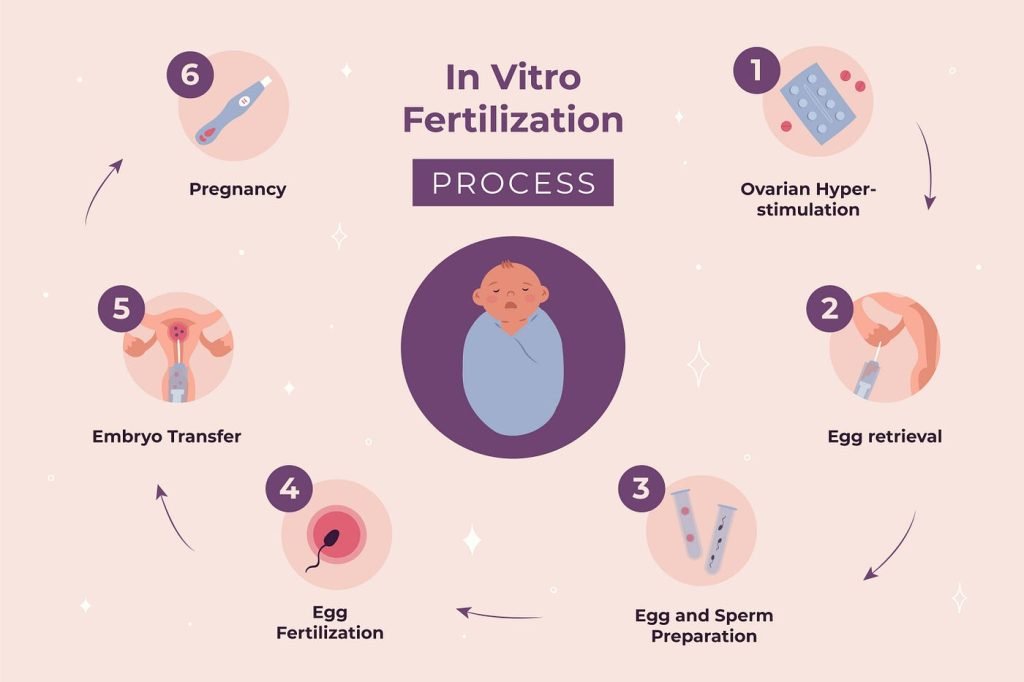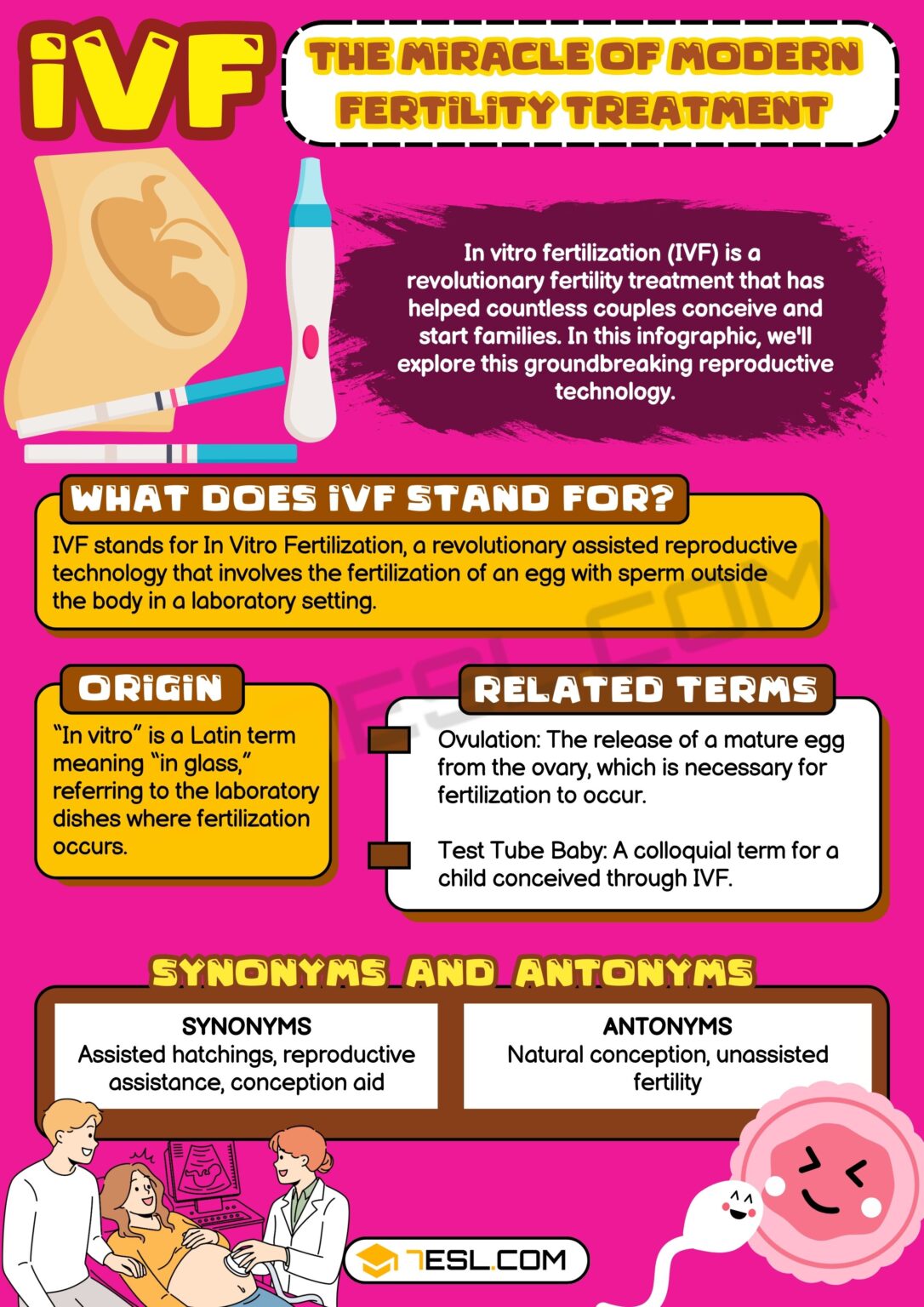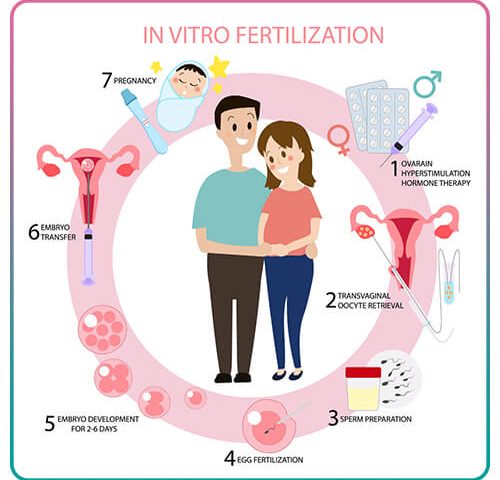
Navigating Reddit IVF: Your Ultimate Guide to the Online Fertility Community
March 29, 2025The Right to IVF Act: What It Means for You and Your Family
Hey there! If you’ve ever dreamed of starting a family but faced roadblocks, you’re not alone. Millions of people turn to in vitro fertilization (IVF) every year to make that dream come true. But did you know there’s a big debate happening right now about whether everyone should have the right to access IVF? It’s called the Right to IVF Act, and it’s stirring up conversations across the U.S. — from Capitol Hill to kitchen tables.
In this blog post, we’re diving deep into what this act is all about, why it matters, and how it could change lives (maybe even yours!). We’ll uncover some surprising details — like how IVF isn’t just about science but also about personal stories, hidden struggles, and even political drama. Plus, we’ll share practical tips, the latest research, and some things you won’t find in most articles out there. Ready? Let’s get started!

What Is the Right to IVF Act, Anyway?
The Right to IVF Act is a bill that’s been floating around the U.S. Senate, pushed by folks like Senator Tammy Duckworth from Illinois. The basic idea? It wants to make IVF a legal right for every American, no matter where they live or what laws their state has. Imagine it like a safety net — ensuring that if you need IVF to have a baby, no one can take that option away from you.
But here’s the twist: it’s not just about giving people permission to use IVF. It also aims to make it more affordable and accessible, especially for veterans and military families. Oh, and it would stop states from passing tricky laws that could shut down IVF clinics overnight. Cool, right? Well, not everyone thinks so — and that’s where the drama comes in.
Why Was This Act Created?
Back in early 2024, something wild happened in Alabama. Their Supreme Court ruled that frozen embryos (those tiny beginnings of life created during IVF) are legally “children.” Suddenly, doctors were scared to keep doing IVF because they could get sued if an embryo didn’t make it. Clinics paused treatments, and families were left panicking. That mess inspired Senator Duckworth — who used IVF to have her own kids — to fight for this act. She didn’t want anyone else to lose their shot at parenthood because of a court ruling.
Quick Facts About the Right to IVF Act
- Who’s Behind It? Senators Tammy Duckworth, Patty Murray, and Cory Booker are the main cheerleaders.
- What It Does: Guarantees access to IVF, protects doctors who provide it, and pushes insurance to cover more of the costs.
- When’s It Happening? It’s been voted on twice in 2024 (June and September), but Senate Republicans blocked it both times. More on that later!
Why IVF Matters More Than You Think
IVF isn’t just a medical procedure — it’s a lifeline for so many people. About 1 in 6 couples in the U.S. struggle with infertility, according to the CDC. That’s millions of folks who might never hold a baby without help. But beyond the stats, IVF is personal. It’s about dreams, tears, and sometimes years of waiting.
The Emotional Rollercoaster of IVF
Picture this: You’re sitting in a doctor’s office, holding your partner’s hand, hoping this round of IVF works. You’ve saved up thousands of dollars, taken time off work, and maybe even cried yourself to sleep a few nights. That’s the reality for tons of people. IVF isn’t just needles and labs — it’s a journey full of hope and heartbreak.
Fun fact: Did you know some couples name their embryos? It’s not something you hear every day, but it shows how much love and personality they pour into this process. One mom I read about called her embryo “Peanut” — and now Peanut’s a rambunctious 5-year-old!
Who Uses IVF?
- Couples with infertility: Maybe it’s blocked tubes, low sperm count, or just “unexplained” reasons.
- Same-sex couples: IVF helps them build families with donor eggs or sperm.
- Single folks: Yep, you don’t need a partner to become a parent through IVF!
- Military families: Veterans like Tammy Duckworth often face infertility from injuries or stress.
The Big Debate: Should IVF Be a Right?
Here’s where things get spicy. The Right to IVF Act sounds great on paper, but not everyone’s on board. Let’s break down the two sides — and why this fight’s bigger than just politics.
Team “Yes, It’s a Right!”
Supporters say IVF is about freedom. If you want to have a kid, you should have every tool available — no ifs, ands, or buts. They argue:
- It’s Fairness: Why should some people get IVF while others can’t because of money or state laws?
- It’s Popular: A 2024 poll by AP-NORC found 6 out of 10 Americans support protecting IVF access. That’s a lot of people!
- It’s Personal: “IVF gave me my family,” Senator Duckworth once said in an interview. “No one should lose that chance because of where they live.”
Team “No Way!”
Opponents — mostly some Republicans and religious groups — have their own take. They’re not against IVF itself (usually), but they don’t like this act. Here’s why:
- Embryo Worries: Some believe embryos are human lives. If IVF creates extras that don’t get used, is that okay? The Southern Baptist Convention said “no” in 2024, calling it a moral issue.
- State Power: They think states should decide, not the federal government. “This bill’s a power grab,” Senator Bill Cassidy from Louisiana argued on the Senate floor.
- Slippery Slope: A few worry it could lead to weirder stuff, like cloning or “designer babies.” (No evidence for that yet, but it’s a fear!)
What’s Missing From the Debate?
Most articles skip over this, but there’s a quiet group caught in the middle: infertile couples who oppose the act. Why? Some feel it pushes IVF as the only answer, ignoring adoption or natural options they prefer. It’s a small but real voice worth hearing.
How the Right to IVF Act Could Change Your Life
Okay, let’s get practical. If this act passes someday, what’s in it for you? Here’s the scoop — plus some stuff you won’t find in the usual headlines.
More Access, Less Stress
Right now, IVF depends on where you live. In states like New York, insurance might cover it. In Alabama? Good luck after that court ruling. The act would make it a nationwide right — no more playing the “where’s my clinic?” game.
✔️ Pro Tip: Check your state’s IVF laws now. Sites like Resolve.org have handy maps!
Cheaper Costs (Maybe!)
IVF’s pricey — like, $12,000 to $20,000 per try pricey. The act wants insurance (private and public) to cover more. Imagine paying a copay instead of draining your savings. Dreamy, right?
❌ Heads Up: It won’t be free. Even with insurance, you might still shell out a few grand.
Military Families Get a Boost
If you’re a veteran or in the military, this act’s got your back. It would expand fertility treatments through the VA and military health plans. Why’s that cool? Because service members often face higher infertility rates from combat injuries or stress.
A Hidden Perk: Protecting Doctors
Here’s something sneaky: the act shields doctors from lawsuits over embryos. After Alabama’s chaos, some clinics closed because physicians feared legal trouble. This could keep them open — and keep your options alive.

The Science Behind IVF: What’s New in 2025?
IVF’s been around since 1978 (shoutout to the first “test-tube baby,” Louise Brown!), but it’s always evolving. Let’s peek at the latest breakthroughs — stuff that could make the Right to IVF Act even more impactful.
AI Is Changing the Game
Scientists are using artificial intelligence to pick the healthiest embryos. A 2024 study from Cornell University found AI boosts success rates by 15%. That’s huge when every try counts!
Freezing Gets Better
Egg and embryo freezing (cryopreservation) is getting slicker. New techniques in 2025 cut damage rates to under 5%, per the American Society for Reproductive Medicine. More frozen “Peanuts” could mean more babies later.
Success Rates Are Climbing
Here’s a stat to cheer you up: IVF success rates for women under 35 hit 50% per cycle in 2024, says the CDC. That’s up from 40% a decade ago. Better tech and know-how are making miracles happen.
IVF Success Rates by Age (2024 Data)
| Age Group | Success Rate per Cycle |
|---|---|
| Under 35 | 50% |
| 35–37 | 38% |
| 38–40 | 25% |
| Over 40 | 12% |
Real Stories: IVF Families Speak Out
Numbers are great, but stories hit different. Let’s meet some folks who’ve been there — and see how the Right to IVF Act could’ve helped them.
Jamie from Alabama: The Pause That Hurt
Jamie Heard, a mom from Birmingham, was mid-IVF when Alabama’s ruling hit. Her clinic shut down, and she had to wait months to restart. “I was scared and angry,” she told NPR in 2024. If the act had passed, her journey might’ve kept rolling.
Tim and Gwen: A Military Love Story
Tim, an Iraq vet, and his wife Gwen used IVF after his injury left them infertile. It took years and tons of cash since VA coverage was spotty. “We’d have jumped at better access,” Gwen said in a blog post. The act’s military perks could’ve been their game-changer.
Sarah: Single and Strong
Sarah, a 34-year-old teacher, went solo with IVF using donor sperm. She drained her savings but now has a son. “Insurance covering this would’ve let me breathe,” she shared on X. The act’s affordability push resonates with her.

The Politics: Why’s It Stuck?
Twice in 2024, the Senate voted on the Right to IVF Act — and twice, it flopped (48-47 in June, 51-44 in September). Why? Politics, baby! Let’s unpack it.
Republicans Say “No Thanks”
Most GOP senators blocked it, calling it a “show vote” by Democrats. They say they love IVF but hate the bill. Senator John Thune from South Dakota told reporters, “We support IVF, full stop. This is just political games.” Their fix? A smaller bill that only stops outright bans — not enough for Dems.
Democrats Push Hard
Senate Majority Leader Chuck Schumer’s all in, tying it to bigger reproductive rights fights (think abortion and contraception). “Republicans are targeting IVF next,” he warned on CNN. It’s a 2024 election play — and it’s working to rally voters.
What’s Next?
As of March 23, 2025, it’s stalled. But if Democrats win big in November, Senator Duckworth predicts they’ll ditch the filibuster (that 60-vote rule) and pass it. Stay tuned!
IVF Myths Busted: What You Didn’t Know
There’s a lot of noise about IVF — some true, some bonkers. Let’s clear the air with facts and a little sass.
Myth #1: IVF Babies Are “Unnatural”
Nope! They’re as human as you and me. IVF just helps the egg and sperm meet in a lab instead of, uh, the usual way. Once they’re growing, it’s all nature.
Myth #2: It’s Only for Rich People
It’s expensive, sure, but not exclusive. About 86,000 babies were born via IVF in the U.S. in 2023, per the CDC — across all income levels. The act could make it even more doable.
Myth #3: IVF = Twins Every Time
Not quite! Multiples happen (20% of IVF pregnancies), but most are singletons. Doctors are getting better at planting just one embryo to keep things safe.
How to Navigate IVF Right Now
While the act’s in limbo, you can still chase your IVF dreams. Here’s a step-by-step guide — with tips most articles skip.
Step 1: Research Your Options
- Find a Clinic: Use FertilityIQ.com to read real reviews. Look for success rates and vibe.
- Check Insurance: Call your provider. Some states (like Illinois) mandate coverage — know your rights!
Step 2: Save Smart
- Start a Fund: Set up a separate savings account. Even $50 a month adds up.
- Grants Exist: Groups like Baby Quest Foundation offer cash for IVF. Apply early!
Step 3: Talk to Your Doctor
- Ask Questions: “What’s my success rate?” “Any discounts?” Be nosy — it’s your money!
- Get Tested: Both partners should check fertility levels. Catch issues early.
Step 4: Build a Support Squad
- Lean on Friends: Share your story — you’d be surprised who’s been there.
- Join Groups: Online forums like Reddit’s r/infertility are goldmines for advice.
✔️ Bonus Tip: Freeze extra embryos if you can. It’s cheaper than starting over later!

The Future of IVF: What’s Coming?
The Right to IVF Act is just the start. Here’s what experts are buzzing about for the next decade — stuff that’ll blow your mind.
Gene Editing on the Horizon?
CRISPR (that DNA-cutting tech) might let parents tweak embryos to avoid diseases like cystic fibrosis. It’s controversial, but a 2025 Nature study says it’s closer than we think.
Uterus Transplants Rising
For women without a working uterus, transplants are popping up. Over 100 babies have been born this way worldwide by 2025, per the Mayo Clinic. Wild, right?
IVF for Older Moms
New hormone therapies could push IVF success for women over 40 past 20% by 2030, predicts Dr. Jane Frederick, a fertility expert. “We’re rewriting the rules,” she told Healthline.
Why This Matters to YOU
Whether you’re TTC (trying to conceive), supporting a friend, or just curious, the Right to IVF Act touches something universal: family. It’s about who gets to be a parent and how. It’s about hope — and making sure that hope’s not snatched away by politics or price tags.
So, what do you think? Should IVF be a right? Have you or someone you know gone through it? Drop your thoughts below — we’d love to hear your story! And if this helped you, share it with a friend. Let’s keep the convo going!
